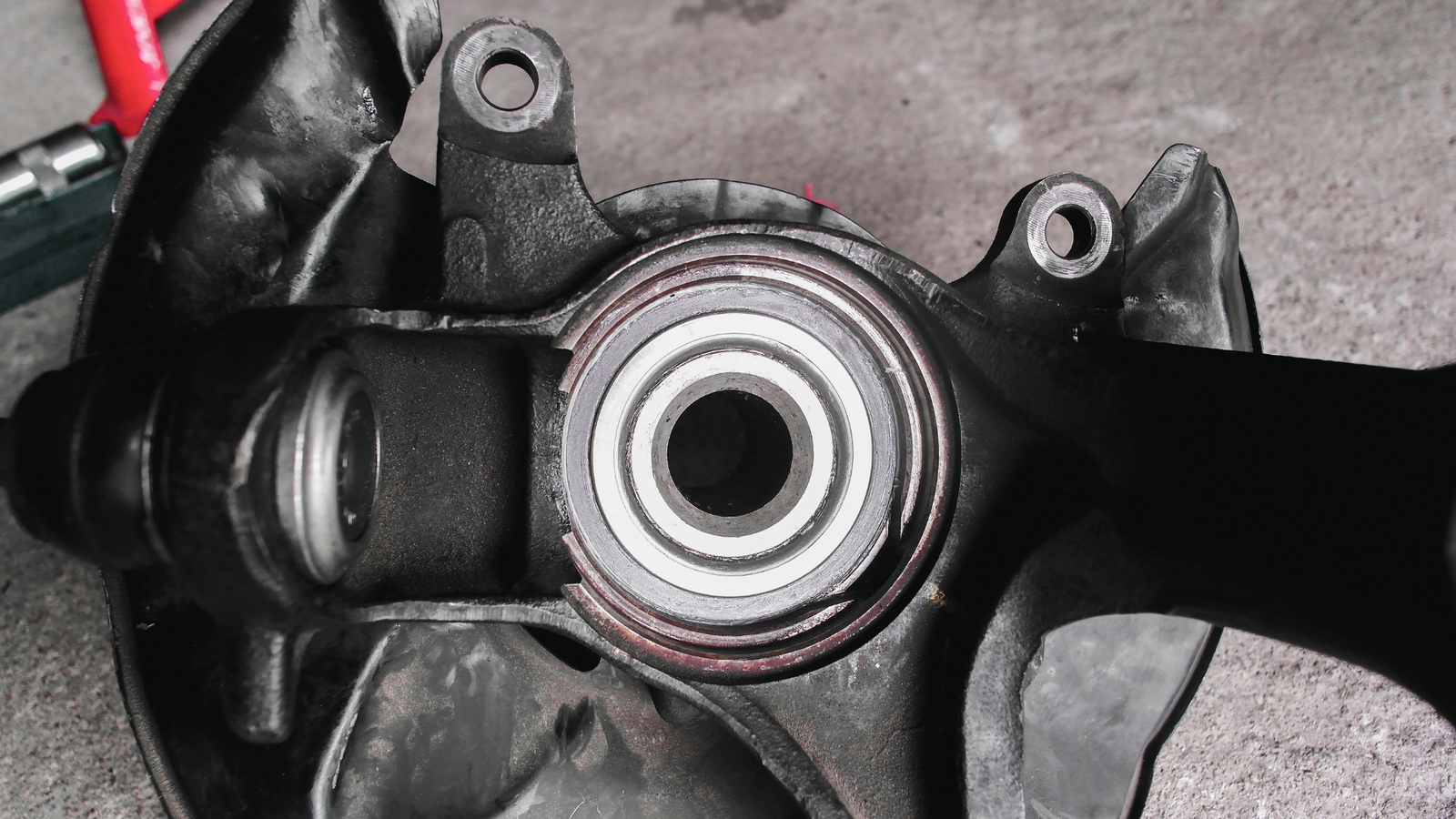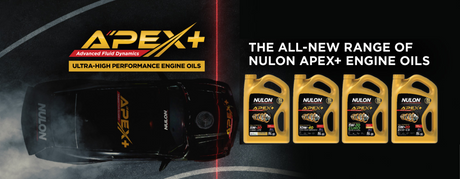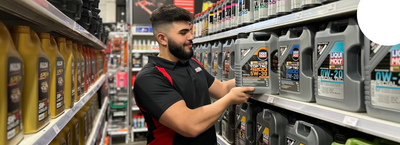The Importance of Regularly Replacing Your Vehicle's Wheel Bearings
When it comes to your vehicle’s safety and performance, wheel bearings often go unnoticed—until they fail. These small but vital components are essential to the smooth rotation of your wheels, directly affecting your steering, braking, fuel efficiency, and even tire lifespan. Neglecting worn wheel bearings can lead to costly damage, compromised safety, and vehicle breakdowns.
In this article, we’ll explore what wheel bearings are, how they function, signs of wear, why regular replacement matters, and what happens if you ignore them.
What Are Wheel Bearings?
Wheel bearings are sets of steel balls or rollers housed in a metal ring, known as a race. They sit inside the hub of each wheel and allow your wheels to spin smoothly with minimal friction. In modern vehicles, wheel bearings are sealed units that are either pressed into the hub assembly or come preassembled with it.
These components carry the entire weight of your vehicle while handling both axial (side-to-side) and radial (up-and-down) forces. They also play a critical role in how your wheels respond to steering and suspension inputs, which makes their health vital to vehicle safety.
Why Wheel Bearings Wear Out
Like any mechanical part, wheel bearings wear over time due to:
-
Constant exposure to heat and friction
-
Moisture and water ingress (especially in older or damaged seals)
-
Road debris and dust
-
Heavy loads or frequent towing
-
Rough driving conditions, such as potholes and off-road use
Most factory-installed wheel bearings are built to last between 130,000 km and 160,000 km, but premature wear is possible—especially in harsh driving conditions or with poor maintenance.
Signs of a Failing Wheel Bearing
Early detection of wheel bearing failure can save you from costly repairs and dangerous driving situations. Common symptoms include:
1. Unusual Noises
A growling, humming, or grinding noise that gets louder as you accelerate or turn is one of the most common indicators of a failing wheel bearing. The noise often sounds like metal rubbing or a low whirring hum and may change based on the vehicle’s speed and direction.
2. Steering Instability
A worn wheel bearing can cause play in the wheel hub, resulting in vague or wobbly steering. You may feel the car pulling slightly to one side or notice a delay in steering response.
3. Uneven Tire Wear
Bad wheel bearings can affect wheel alignment and cause tires to wear unevenly or prematurely.
4. ABS Warning Light
On vehicles with ABS, a damaged wheel bearing may affect the ABS sensor inside the hub, triggering a warning light on the dashboard.
5. Vibration in the Steering Wheel
At higher speeds, you may feel vibrations through the steering wheel, which can increase with speed or during cornering.
Why Timely Replacement Matters
Ignoring bad wheel bearings isn't just an inconvenience—it’s a serious safety hazard. Here’s why:
🔧 1. Prevent Wheel Detachment
In extreme cases, a completely failed wheel bearing can cause the wheel to seize or detach from the vehicle—leading to a dangerous situation while driving.
🚗 2. Preserve Steering and Handling
Worn bearings affect how your wheels rotate and respond to your inputs, resulting in unpredictable or delayed handling. This can be especially dangerous when making sudden lane changes or navigating turns.
🛑 3. Maintain Effective Braking
Bad wheel bearings can lead to increased braking distances or brake pad wear due to misalignment or vibration. In vehicles with ABS, they may cause inaccurate sensor readings, reducing braking efficiency.
💸 4. Avoid Costly Repairs
Delaying a wheel bearing replacement can lead to collateral damage to other components such as the hub assembly, drive shafts, brake rotors, or tires. These repairs can be significantly more expensive than a simple bearing swap.
⛽ 5. Improve Fuel Efficiency
Worn bearings create more friction, making the engine work harder to maintain speed. Replacing them helps your car run more efficiently, saving on fuel over time.
How Often Should You Replace Wheel Bearings?
There’s no universal schedule for replacing wheel bearings, but a good rule of thumb is to inspect them around every 100,000–150,000 km—or sooner if you notice any warning signs. Regular servicing, especially during brake jobs or tire rotations, provides an opportunity to check bearing play and listen for noise.
If your vehicle has a sealed hub bearing, it must be replaced as a whole unit when worn. Vehicles with serviceable bearings (typically older models) may only require new grease and adjustment rather than a full replacement.
DIY vs Professional Replacement
Replacing a wheel bearing can be a moderate to advanced mechanical job, depending on your vehicle. It may require:
-
Press tools or bearing pullers
-
Hub removal
-
Torque wrenches
-
Wheel alignment afterward
For DIY-savvy individuals with the right tools, it’s possible—but for most drivers, professional replacement is recommended to ensure correct installation and safety.
Choosing the Right Replacement Parts
When it comes to replacement, quality matters. At Universal Auto Spares, we stock a wide range of OEM-quality wheel bearing kits from trusted brands including Transgold, SKF, and Koyo, designed to match or exceed factory specifications.
Our kits are tailored to fit popular makes and models like:
-
Toyota Hilux / Prado
-
Ford Ranger
-
Mazda BT-50
-
Mitsubishi Triton
-
Holden Colorado
-
Nissan Navara
👉 Use our Vehicle Fitment Tool to check compatibility and avoid the guesswork.
Final Thoughts
Wheel bearings may not be flashy, but they’re absolutely essential to your vehicle’s performance, safety, and efficiency. Regular inspections and timely replacements can prevent major damage, enhance driving comfort, and give you peace of mind on the road.
Whether you're a DIYer or rely on your local mechanic, don’t ignore the signs of wear. The longer you delay, the more you risk—and the more you’ll pay in the long run.
Ready to Replace Your Wheel Bearings?
We make it easy to find the right parts:
✅ OEM-quality bearings
✅ Kits for all major 4x4s and utes
✅ Fast Australia-wide delivery
✅ Friendly support team ready to help



